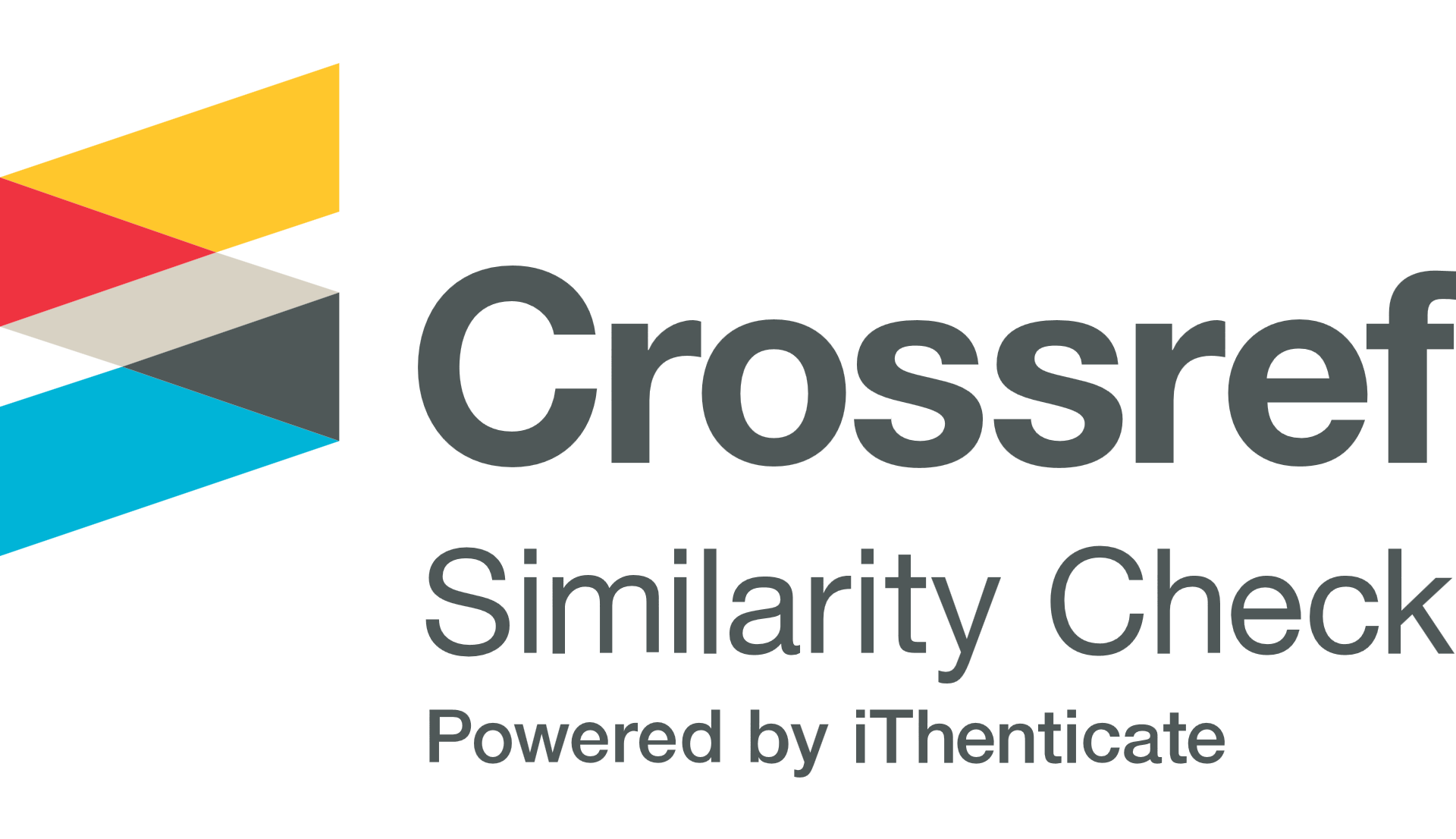Etika Teknologi: Kajian Sistematis, Trend dan Potensi Riset Etika Teknologi Digital
DOI:
https://doi.org/10.37823/insight.v6i2.405Keywords:
digital, etika, systematic review, techno-ethicsAbstract
Integrasi etika ke dalam teknologi diperlukan untuk memberikan kompas etis yang lebih jelas bagi pengguna dan pengembang teknologi, pengambil kebijakan, dan semua stakeholder. Penelitian ini bertujuan untuk memperdalam konsep etika digital dan menggali rumusan techno-ethics sehingga membantu masyarakat menghadapi tantangan etis dalam era digitalisasi. Etika digital mengacu pada panduan dan nilai-nilai moral yang mengatur perilaku manusia dalam menggunakan, mengembangkan, dan berinteraksi dengan teknologi digital. Penelitian ini dilakukan dengan menggunakan metode systematic review, dengan mengambil sumber data artikel dari database terindeks Scopus. Hasil penelitian menunjukkan bahwa riset tentang tekno etika mengalami tren meningkat dalam dua dekade terakhir, namun masih membutuhkan lebih banyak kajian. Meningkatnya minat penelitian dalam tekno-etika ini menjadi iklim positif untuk menyuarakan praktik etis dalam gempuran teknologi. Diperlukan upaya yang lebih banyak untuk menjawab keterbatasan dan kekurangan publikasi penelitian yang masih belum mampu mencakup seluruh pengetahuan yang terfragmentasi dalam konsep kajian tekno-etika. Hasil penelitian ini juga berimplikasi praktis bagi para pimpinan, pelaku, dan pengembang teknologi maupun organisasi untuk mengurangi praktik-praktik tidak etis dalam penggunaan teknologi. Semua stakeholder perlu mendorong perilaku yang etis dalam rangka menciptakan ekosistem digital yang berkelanjutan. Temuan penelitian mengidentifikasi celah-celah riset yang memberi masukan bagi para pimpinan, pengembang teknologi, pembuat kebijakan, dan masyarakat.
References
J. Krutzinna, M. Taddeo, and L. Floridi, “Enabling Posthumous Medical Data Donation: An Appeal for the Ethical Utilisation of Personal Health Data,” Science and Engineering Ethics, vol. 25, no. 5, pp. 1357–1387, 2019, doi: 10.1007/s11948-018-0067-8.
J. Van den Hoven, G.-J. Lokhorst, and I. Van de Poel, “Engineering and the Problem of Moral Overload,” 2012, Section of Philosophy, Faculty of Technology, Policy and Management, Delft University of Technology, P.O. Box 5015, 2600 GA Delft, Netherlands. doi: 10.1007/s11948-011-9277-z.
S. Milano, M. Taddeo, and L. Floridi, “Ethical aspects of multi-stakeholder recommendation systems,” 2021, Routledge, Oxford Internet Institute, University of Oxford, Oxford, United Kingdom. doi: 10.1080/01972243.2020.1832636.
B. D. Mittelstadt and L. Floridi, The ethics of biomedical big data, vol. 29. Springer, 2016.
C. Burr, M. Taddeo, and L. Floridi, “The Ethics of Digital Well-Being: A Thematic Review,” 2020, Springer, Oxford Internet Institute, University of Oxford, 1 St Giles, Oxford, OX1 3JS, United Kingdom. doi: 10.1007/s11948-020-00175-8.
A. Jobin, M. Ienca, and E. Vayena, “The global landscape of AI ethics guidelines,” Nature Machine Intelligence, vol. 1, no. 9, pp. 389–399, 2019.
J. Morley, L. Floridi, L. Kinsey, and A. Elhalal, “From What to How: An Initial Review of Publicly Available AI Ethics Tools, Methods and Research to Translate Principles into Practices,” 2020, Springer, Oxford Internet Institute, University of Oxford, 1 St Giles’, Oxford, OX1 3JS, United Kingdom. doi: 10.1007/s11948-019-00165-5.
N. Diakopoulos, “Towards a design orientation on algorithms and automation in news production,” Digital Journalism, vol. 7, no. 8, pp. 1180–1184, 2019.
D. G. Krutka, M. K. Heath, and K. B. S. Willet, “Foregrounding technoethics: Toward critical perspectives in technology and teacher education,” Journal of Technology and Teacher Education, vol. 27, no. 4, pp. 555–574, 2019.
S. Verma, N. Garg, and T. Arumugam, “Being ethically resilient during COVID-19: a cross-sectional study of Indian supply chain companies,” 2022, Emerald Group Holdings Ltd., University School of Management and Entrepreneurship, Delhi Technological University, Delhi, India. doi: 10.1108/IJLM-05-2022-0203.
J. Fjeld, N. Achten, H. Hilligoss, A. Nagy, and M. Srikumar, “Principled artificial intelligence: Mapping consensus in ethical and rights-based approaches to principles for AI,” Berkman Klein Center Research Publication, no. 2020–1, 2020.
K. N. LaVenia and J. Burgoon, “Urban community as resource: Evaluation of the mentors in Toledo schools program,” Evaluation and Program Planning, vol. 72, pp. 118–124, 2019, doi: 10.1016/j.evalprogplan.2018.10.011.
B. Green, “The contestation of tech ethics: A sociotechnical approach to technology ethics in practice,” Journal of Social Computing, vol. 2, no. 3, pp. 209–225, 2021.
D. Tranfield, D. Denyer, and P. Smart, “Towards a methodology for developing evidence-informed management knowledge by means of systematic review,” British journal of management, vol. 14, no. 3, pp. 207–222, 2003.
F. Pascucci, C. Ancillai, and S. Cardinali, “Exploring antecedents of social media usage in B2B: a systematic review,” Management Research Review, 2018.
E. Supriharyanti and B. M. Sukoco, “Organizational change capability: a systematic review and future research directions,” Management Research Review, vol. 46, no. 1, pp. 46–81, 2023.
N. Manders-Huits, “What Values in Design? The Challenge of Incorporating Moral Values into Design,” 2011, Philosophy Section, Delft University of Technology, P.O.Box 5015, 2600 GA Delft, Netherlands. doi: 10.1007/s11948-010-9198-2.
M. J. Cobo, A. G. López-Herrera, E. Herrera-Viedma, and F. Herrera, “Science mapping software tools: Review, analysis, and cooperative study among tools,” Journal of the American Society for information Science and Technology, vol. 62, no. 7, pp. 1382–1402, 2011.
B. der Veer Martens, “Mapping research specialties,” Annual review of information science and technology, vol. 42, p. 213, 2007.
A. Doulani, “A bibliometric analysis and science mapping of scientific publications of Alzahra University during 1986--2019,” Library Hi Tech, vol. 39, no. 4, pp. 915–935, 2021.
M. Ley and N. Rambukkana, “Touching at a Distance: Digital Intimacies, Haptic Platforms, and the Ethics of Consent,” 2021, Springer Science and Business Media B.V., Ethics/Philosophy Section, Department of Values, Technology and Innovation, Faculty of Technology, Management and Policy, Delft University of Technology, Delft, Netherlands. doi: 10.1007/s11948-021-00338-1.
M. Taddeo and L. Floridi, “How AI can be a force for good,” Science, vol. 361, no. 6404, pp. 751–752, 2018.
M. Ribble, “Digital citizenship for educational change,” Kappa Delta Pi Record, vol. 48, no. 4, pp. 148–151, 2012.
Downloads
Published
How to Cite
Issue
Section
License
Copyright (c) 2024 Journal of Information System,Graphics, Hospitality and Technology

This work is licensed under a Creative Commons Attribution-ShareAlike 4.0 International License.















.png)
.png)






